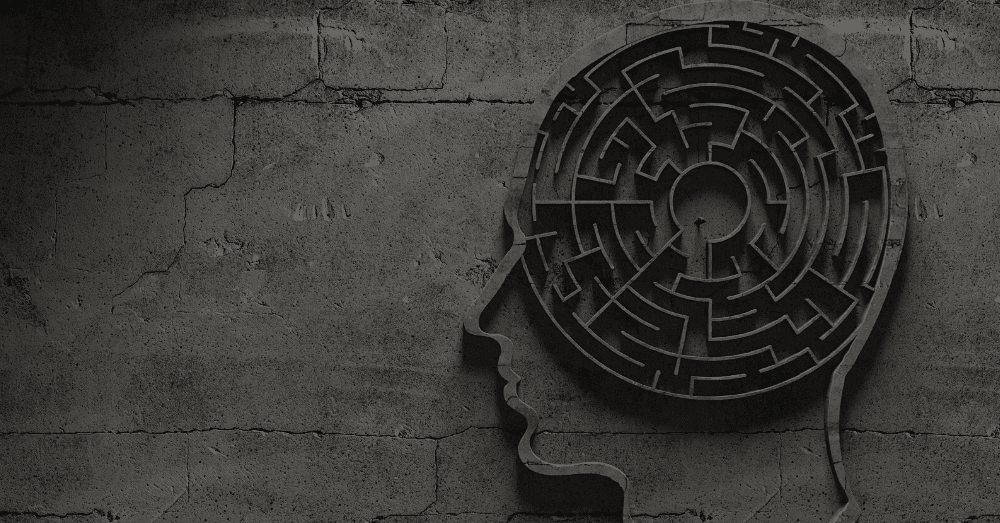Understanding Mental Illness in Virginia Family Law Cases
By: John Whitbeck
[02.23.2021]
Mental illness is an important factor in many family law matters. It can be a primary reason behind a marriage breaking down, or even some criminal activity. In addition, mental illness can play a role in other Virginia scenarios, such as child support, child custody, spousal support, and property division. Each of these is covered by a Virginia statute that includes a requirement that a judge evaluates all parties’ mental condition.
Educating people about mental illness and good mental health is becoming more prevalent. Virginia and New York became the first two states to enact laws that require schools to provide mental health education. The new law went into effect in Virginia in July 2018. It mandates that mental health education be integrated into the health curriculum and physical education for both ninth- and 10th-graders, given that suicide is the second leading cause of death for individuals between 15 and 24 years of age and the 10th leading cause of death in the United States, up 30% since 1999.
Virginia Mandatory Treatment Laws
Like other states, Virginia has civil commitment statutes that dictate when involuntary commitment is required. This may be necessary when someone is unable to seek care on their own.
To qualify for inpatient treatment, a person must meet specific criteria.
- The person has to be so mentally ill that they cannot care for themselves;
- They are an imminent danger to themselves or others;
- They are substantially likely to “suffer serious harm due to substantial deterioration of their capacity to protect themselves from harm or to provide for their basic human needs as evidenced by current circumstances.”
Virginia law also provides court-ordered outpatient treatment, which is known as assisted outpatient treatment (AOT). To qualify for outpatient treatment, someone has to meet the same criteria as the inpatient treatment, and they must be able to understand the treatment stipulations. They must also want to live in the community and be willing to abide by the recommended treatment plan, live where the treatment can be administered on a regular outpatient basis, and be monitored by designated providers or a community services board.
Steps for Involuntary Civil Commitment
There are three steps for involuntary civil commitment in Virginia:
- Emergency Custody Order (ECO) — This is an order issued by a magistrate and dictates that anyone unable or unwilling to volunteer for treatment to be taken and transported for an evaluation, so the doctors can determine whether there’s a need for hospitalization or other treatment.
- Temporary Detention Order (TDO) — This is an order issued by the magistrate that gives law enforcement the authority to take someone into custody and transport them to a designated facility.
- Commitment Hearing — This is not held until numerous things have been completed, including preadmission, an independent examination, screening report, and a mental health treatment initiation to stabilize the individual. It needs to be within 72 hours of the TDO execution unless that falls on a weekend or legal holiday, then it will be extended to the following business day.
An experienced Virginia family law attorney can help you through the process and address any questions you may have. To learn how our team can help, contact WhitbeckBennett by calling 800-516-3964 or by emailing clientservices@wblaws.com.
To learn more about mental illness in family law matters, visit our Mental Health Law page.
Related: Mental Health Law

John Whitbeck
Partner
John C. Whitbeck, Jr. is the founder of WhitbeckBennett. His practice focuses on family law, special education law, and mental health law. He regularly practices in several jurisdictions in the Northern Virginia area. He has also been certified as an expert witness in litigation.
